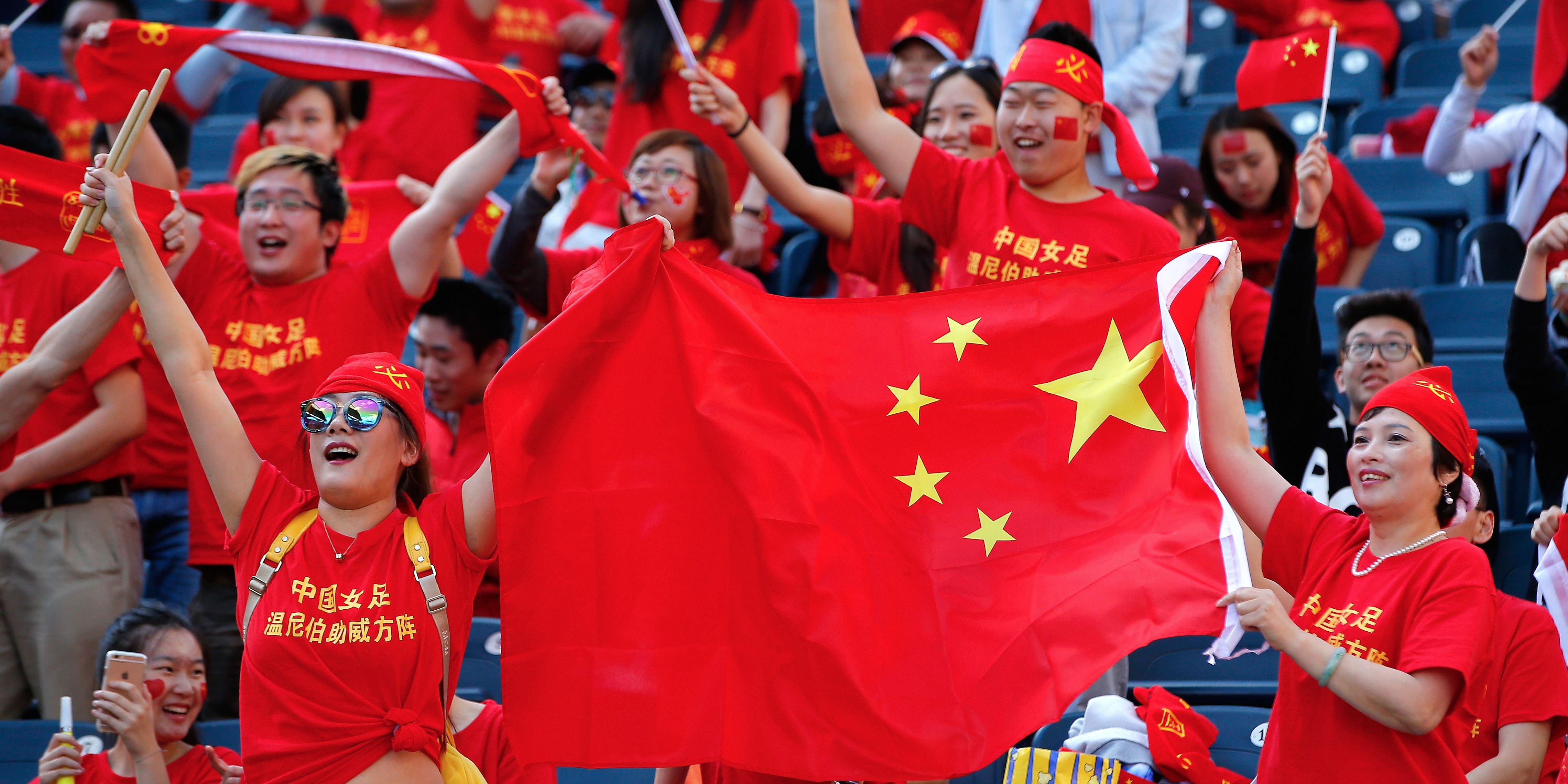The China Decade
< < Go Back
It’s been a rough summer for Beijing. But China is still poised to dominate—at least in the short term.
These are worrying signs in a country where lost jobs translate into street protests, creating uncertainty in an economy that is now crucial for global growth and stability. (A total of 38% of global growth last year came from China, up from 23% in 2010.) The country’s leaders know that the drive to shift China’s economy from a heavy reliance on exports toward greater domestic consumption will inevitably slow growth from double digits to a more sustainable level, but this complex, high-stakes economic reform process isn’t progressing as smoothly as they hoped. This summer’s turmoil underlines challenges that leave China’s long-term strength very much in question.
Yet China isn’t headed for serious trouble anytime soon. Its leaders have the cash and the policy tools–tools not available to most developed countries–needed to stabilize China’s markets and stimulate its economy. Beijing will use them if it has to. Though China has major demographic problems on the horizon and environmental threats that are worsening by the day, its global economic and political clout is still on the rise. In fact, we are already well into what might be called the “China decade,” the period when the country’s fast-expanding global influence pushes it across an important threshold and becomes impossible to ignore–before those long-term problems finally take their toll.
The U.S. has been the world’s leading economic power since 1872. But it’s a question of when, not if, China will overtake the U.S. to become the world’s largest economy. When adjusted to account for differing exchange rates, in a measure called purchasing power parity, China’s GDP became No. 1 last year. With the U.S. still sluggish, Europe stuck in the mud and many emerging markets struggling, the global economy will depend on China to propel it forward for at least the next few years.
U.S.-Chinese rivalry–and some level of conflict–is inevitable. Future U.S. Presidents will have limited power to change China or constrain its leaders’ actions abroad, but the approach Washington adopts can help determine whether the China decade is a period of healthy competition–or one of real danger.
Yet as dangerous as a strong China might seem, a weak and unstable China might be the biggest threat of all, because vulnerability will make Beijing that much more erratic, creating uncertainty in the new heart of the global economy. The China decade will offer a challenge. An unstable China might well prove a catastrophe.
More From TIME Magazine (subscription required):




